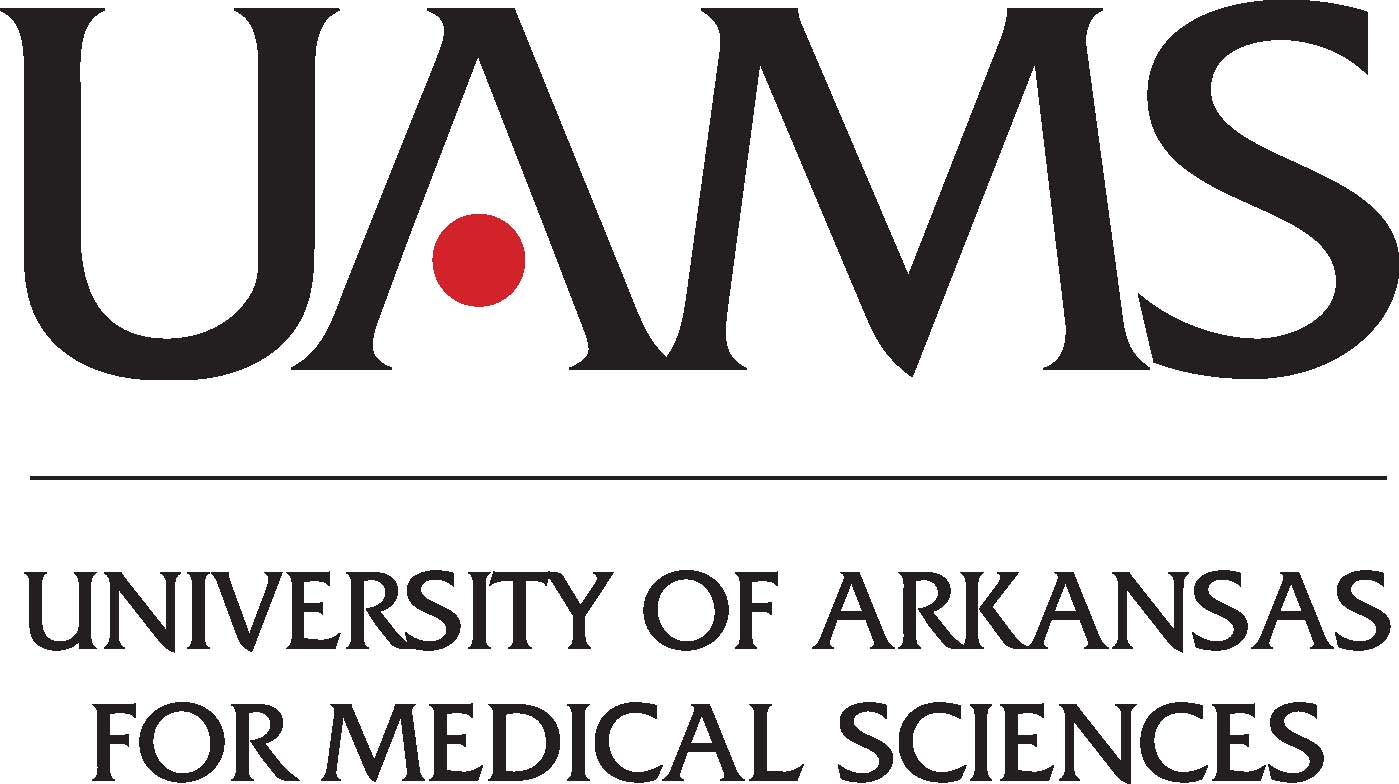Effect of rTMS on Resting State Brain Activity in Tinnitus
| Status: | Recruiting |
|---|---|
| Conditions: | Other Indications |
| Therapuetic Areas: | Other |
| Healthy: | No |
| Age Range: | 19 - 89 |
| Updated: | 10/11/2018 |
| Start Date: | January 2009 |
| End Date: | September 2020 |
| Contact: | Mark S Mennemeier, PhD |
| Email: | msmennemeier@uams.edu |
One out of every five people experiences tinnitus (a ringing, buzzing, or roaring sound in
the ear) ranging from mild to severe impairment. To date, there are no effective therapies
available that have been shown to decrease tinnitus loudness. The purpose of this study is to
develop a new treatment option for tinnitus using a technique called Repetitive Transcranial
Magnetic Stimulation (rTMS), which will hopefully prove to be an effective means of
alleviating or reducing the symptoms of tinnitus.
the ear) ranging from mild to severe impairment. To date, there are no effective therapies
available that have been shown to decrease tinnitus loudness. The purpose of this study is to
develop a new treatment option for tinnitus using a technique called Repetitive Transcranial
Magnetic Stimulation (rTMS), which will hopefully prove to be an effective means of
alleviating or reducing the symptoms of tinnitus.
This research is being conducted at the University of Arkansas for Medical Sciences (UAMS).
Up to 60 subjects, including males and females ages 19-89 years old and of all races, and
with tinnitus severe enough to seek medical attention, will be enrolled in this study. All
participants will be evaluated or medically reviewed by the study physician, Dr. Dornhoffer
of the Hearing and Balance Clinic at UAMS, including a modified physical examination and
hearing tests, prior to beginning therapy with rTMS in order to rule out any medically
treatable causes of tinnitus. An MRI scan of the head may or may not be required, depending
upon the results of this evaluation, in order to rule out specific middle ear pathologies.
This study will require participation in at least three weeks (4 weekdays per week) of rTMS
sessions, including two active weeks and a sham (or placebo) week. There will be a three week
washout period following each treatment week. At the completion of the three treatment weeks,
subjects who have noticed an improvement in their tinnitus will have the option of
participating in a maintenance rTMS program providing up to 8 additional weeks of treatment.
Up to 60 subjects, including males and females ages 19-89 years old and of all races, and
with tinnitus severe enough to seek medical attention, will be enrolled in this study. All
participants will be evaluated or medically reviewed by the study physician, Dr. Dornhoffer
of the Hearing and Balance Clinic at UAMS, including a modified physical examination and
hearing tests, prior to beginning therapy with rTMS in order to rule out any medically
treatable causes of tinnitus. An MRI scan of the head may or may not be required, depending
upon the results of this evaluation, in order to rule out specific middle ear pathologies.
This study will require participation in at least three weeks (4 weekdays per week) of rTMS
sessions, including two active weeks and a sham (or placebo) week. There will be a three week
washout period following each treatment week. At the completion of the three treatment weeks,
subjects who have noticed an improvement in their tinnitus will have the option of
participating in a maintenance rTMS program providing up to 8 additional weeks of treatment.
Inclusion Criteria:
- Diagnosis of tinnitus established through a history and physical exam or review or
records performed by the study physician
- Subjects 19-89 years of age
- Tinnitus present for at least 6 months and severe enough to seek medical attention
- Subjects taking SSRI's (a class of anti-depressant medications)and benzodiazepines (a
class of anti-anxiety medications) for depression or anxiety related to tinnitus must
be stable on their current dose for at least 3 months and must not alter their dose or
medication during their involvement with this study
- Subjects must agree to avoid consuming alcohol within 72 hours of each rTMS session
- Female subjects of childbearing potential must demonstrate a negative pregnancy test
during their initial clinic visit and must agree to use effective contraception during
their participation in this study
- Subjects must sign an informed consent and agree to comply with study and follow-up
procedures, including completion of all necessary questionnaires and testing, as well
as, being video-recorded for safety purposes during rTMS sessions
- Subjects must speak and comprehend English adequately to understand and complete any
study-related instructions and questionnaires
Exclusion Criteria:
- Subjects or any of their 1st-degree relatives must not have been diagnosed with
epilepsy
- Subjects must not have a history of seizure disorder or migraines
- Subjects must not have any history of a brain aneurysm, stroke, previous cranial
neurosurgery, acoustic neuroma, glomus tumor, active Menniere's Disease, profound
hearing loss (greater than 90 dB at 4000 Hz), or any major neurological or psychiatric
disorders (excluding depression or anxiety related to tinnitus)
- Subjects must not have any history of a head injury that resulted in a loss of
consciousness for more than 10 minutes
- Subjects must not have any metal implants or devices in the head or neck or a
pacemaker.
- Subjects must not have severe claustrophobia if they are to have an MRI. Significant
abnormalities must not be present on acquired or existing CT or MRI image of the head.
- Subjects must not be pregnant or refuse to utilize effective contraception during
their participation in this study
- Subjects must not have any history of Bipolar Disease
We found this trial at
1
site
529 West Markham Street
Little Rock, Arkansas 72205
Little Rock, Arkansas 72205
(501) 686-7000

University of Arkansas for Medical Sciences The University of Arkansas for Medical Sciences (UAMS) in...
Click here to add this to my saved trials